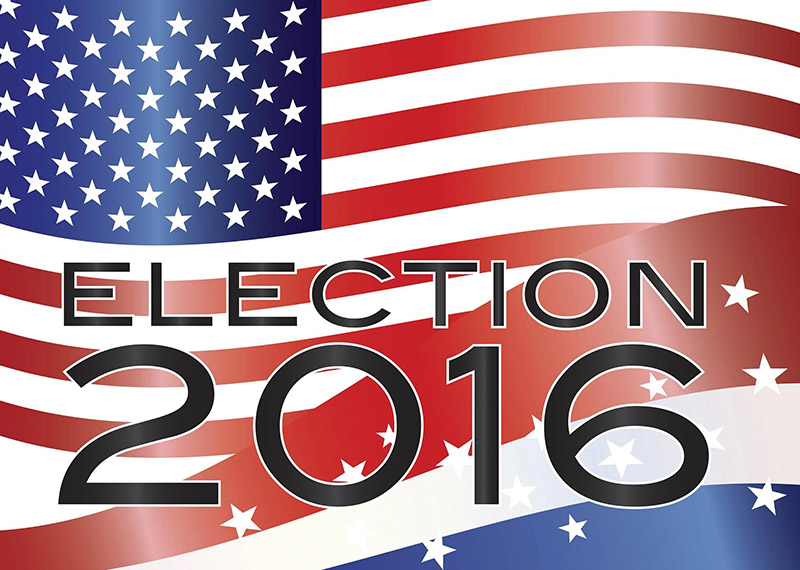By Tyler Pruett
tyler@southerntorch.com
The winners in both parties were clear early in New Hampshire on Tuesday. Many analyst were comfortable calling Vermont Senator Bernie Sanders for the Democratic Party and Donald Trump for the Republicans with less than 20 percent of the total vote tallied. As opposed to Iowa, polling data proved reliable and both top candidates won by margins mirrored in polling done the previous week. The granite state having a conventional primary system as opposed to the caucus system used in Iowa may have factored in the differences in polling and the actual results last week. However, similar to post-Iowa, much of the media focus is centered around the candidates finishing in the second to fifth range.
While the winners were accurately projected, what many see as several upsets occurred in the Republican battle for what seems to be increasingly, “second to Trump.” Former Ohio Governor John Kasich could perhaps be called the cinderella story of Tuesday. He finished second with 15.8 percent of the vote and received four delegates. Kasich is known for moderate policies, which could have pulled much of the conventional GOP support in the state. The governor established a good organization prior to Iowa, in hopes to maintain viability after little support was shown for him last week. While this has certainly been achieved, Kasich lacks the name recognition and organization in South Carolina, and the southern states holding primaries on March 1. This will hinder Kasich in the following weeks.
Many sensed the strong momentum Marco Rubio felt leaving Iowa last week, but his lackluster debate performance prior to New Hampshire drained much of this heading into Tuesday. Finishing in fifth, with just 10.8 percent of the vote, this comes as a disappointment to supporters, who had enjoyed strong debate performances up until the most recent. Many late deciders who had flocked to his campaign a week earlier cast votes for other candidates. Kasich likely benefitted, but Jeb Bush also saw a drastic increase in votes received as opposed to Iowa. This has gave new life to his struggling campaign, which unlike Kasich, Bush has an organized campaign in the southern states, which dominates the primary process over the next month. And as we’ve seen so far, candidates seem to do better the closer to their home state that a given primary occurs.
The results for the Democrats requires less analysis, and they came as a shock seemingly only to the Clinton campaign. Last week’s polls showed Sanders with a wide lead, but the senator from nearby Vermont defied expectations in many polls, receiving slightly over 60 percent of the vote. What came as likely the biggest shock to Clinton, Sanders received an overwhelming amount of support from women. Women under 30 preferred Sanders by 82 percent in exit polling conducted by NBC.
Moving forward into South Carolina, candidates with ties in the south will likely enjoy an advantage. In the Republican field, Cruz, Bush, and Rubio all have been building organizations in each southern state for months, as well as campaign stops to cultivate votes. In the Democratic Party, Clinton enjoys an advantage in the south both geographically and ideologically, but Sander’s rallies has proven to draw large crowds south of the Mason-Dixon line.





